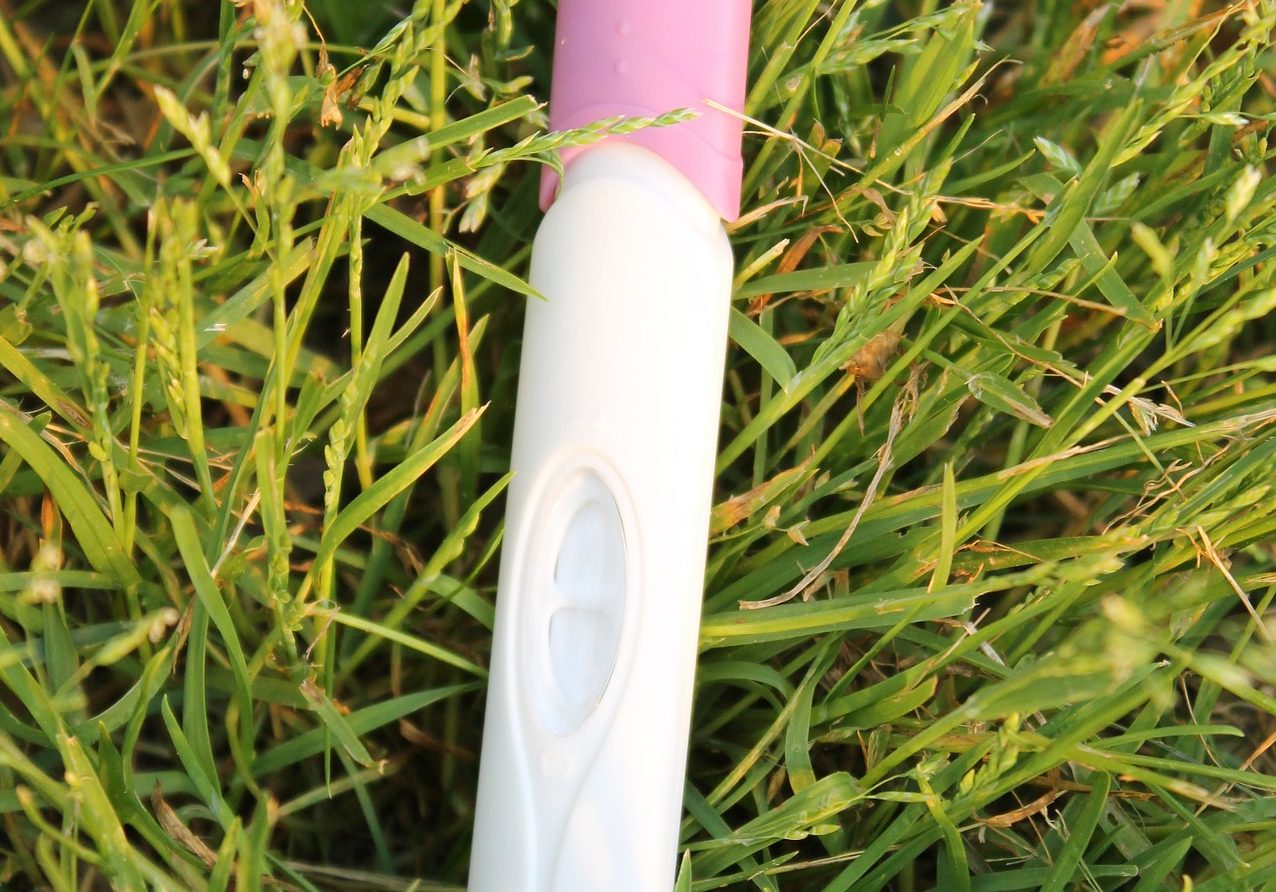Don’t Rely on Fertility Apps
Millions of women use fertility apps to predict timing of ovulation, but unfortunately, most apps do not reliably predict the fertile window.
A review of 73 fertility apps, published in Current Medical Research and Opinion, in May 2018 found that even the best app only had 21 percent accuracy in predicting a woman’s day of ovulation. Another study presented …






